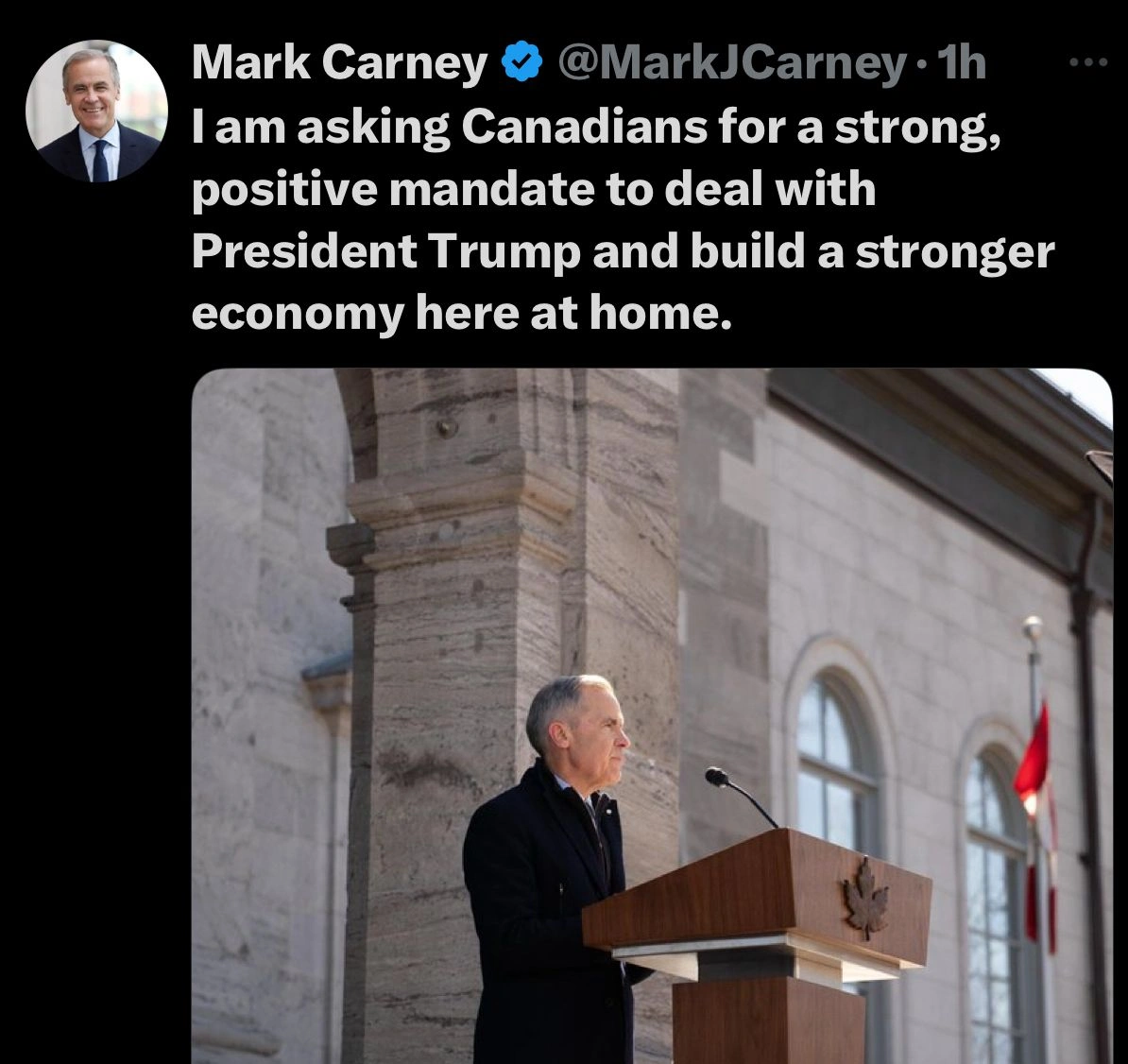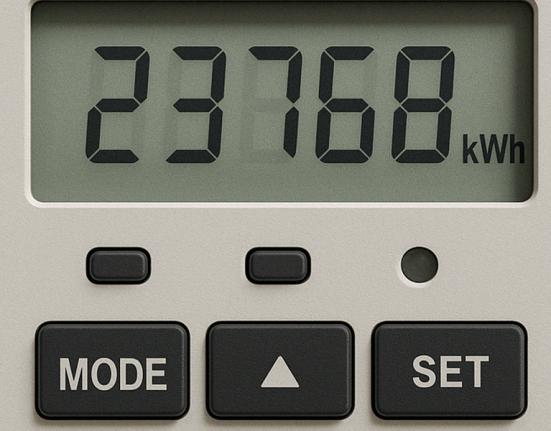Mark Carney, the newly minted Prime Minister of Canada, less than 10 days into the role, has called a snap election for April 28.
Carney has thrust Canada onto the frontline of a high-stakes narrative war: sovereignty vs. submission, leadership vs. legacy, Carney vs. Trump.
Yes, that Trump.
Carney didn’t just answer a question on US relations. He weaponised it. In a crisp, calculated soundbite – in French, no less – Carney laid down a geopolitical gauntlet: “Trump must recognise Canada’s sovereignty – he has to say it and accept it.”
This isn’t politics. This is performance art, precision-engineered for a global stage teetering on the edge of trade war fatigue and populist relapse.
Reputation by rebellion
We’ve seen this act before. Trudeau flirted with moral outrage. Macron postured as Europe’s philosopher king. But Carney? He’s taking the fight to the ringmaster himself. In political storytelling, the enemy defines the hero. And Carney has chosen his antagonist with theatrical clarity.
His message is psychological as much as political: Canada is not a vassal state. This is about agency, autonomy – and above all – optics.
And Trump? The former president looms large over the border like a spectre of swagger and sanction. Carney knows that to win hearts and headlines, you don’t just defend the nation – you dramatise the defence.
Trade war is the stage
“This is one of the most significant threats of our lifetimes,” Carney declared, eyes steeled for the inevitable confrontation. “He wants to break us so America will own us. We will not let that happen.”
That’s not just rhetoric. That’s the language of resistance. Of cinema. And in today’s world, where narratives win elections and headlines drive policy, Carney isn’t just leading – he’s directing.
He’s crafting a political blockbuster, starring himself as the sober economist turned accidental warrior. Think George Clooney with a Bank of England past and a G7 grudge.
Populism rebranded
But Carney’s not just fighting Trump. He’s pre-emptively positioning himself against Pierre Poilievre, his Conservative rival, accusing him of parroting “uncannily familiar” White House lines on foreign aid and domestic policy. It’s a clever pivot – link Poilievre to Trump’s ideological playbook, and suddenly your opponent becomes a proxy for American meddling.
This is the oldest PR trick in the book: frame your opponent in the wrong story.
It’s Sun Tzu with a comms degree. And it works.
Mandate or metaphor?
So why call an election now, in the middle of a tariff tangle? Carney says he needs a “strong, positive mandate.” Translation: he needs a clean narrative. A clear Act 1. A stage uncluttered by his predecessor’s legacy. A public endorsement for his role as Canada’s leading man in a continental showdown.
This isn’t politics as usual – it’s reputational chess. Every line, every policy, every frost-bitten breath caught on camera is part of a broader media strategy. The man who once guarded the world’s financial stability is now guarding the nation’s identity – and he’s doing it with theatrical flair.
The takeaway
Mark Carney is betting that in 2025, leadership is not about moderation – it’s about message control. And in the world of TikTok tempers and 24/7 news cycles, the one who owns the story owns the street.
Trump gave us the politics of personality. Carney’s serving up the politics of performance with purpose.
Welcome to the new Cold War – fought with soundbites, staged on social media, and scored by polling data. Let the campaign begin.







